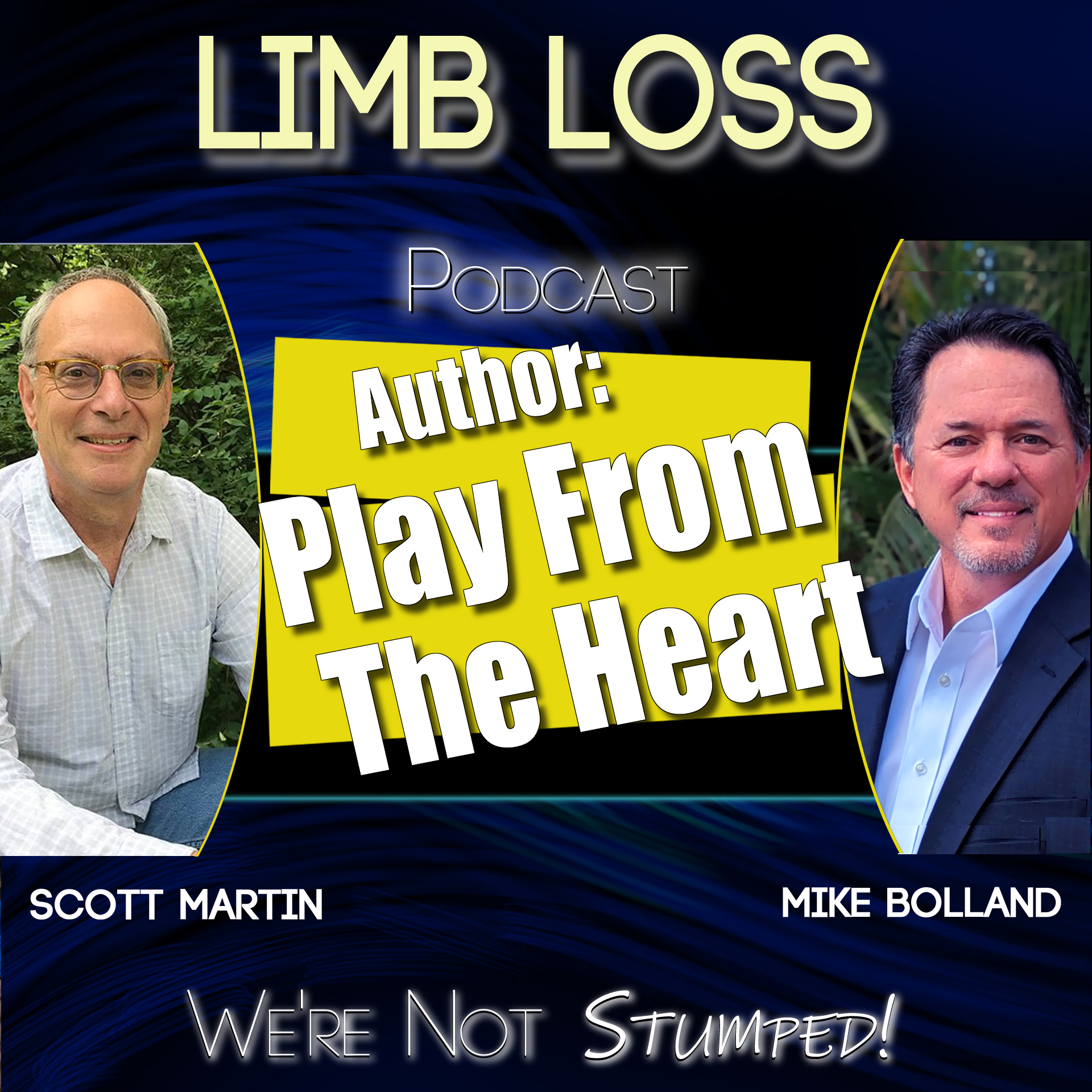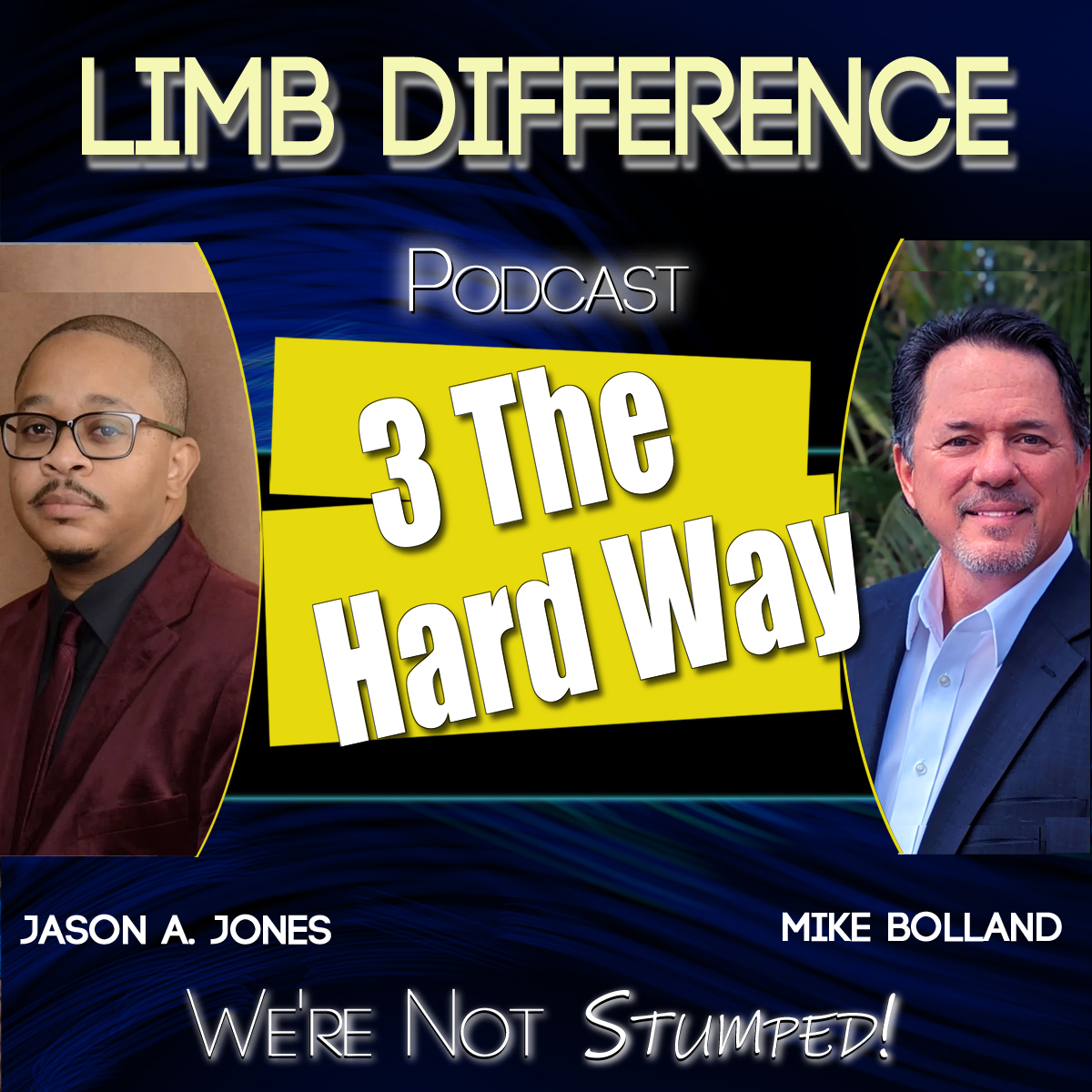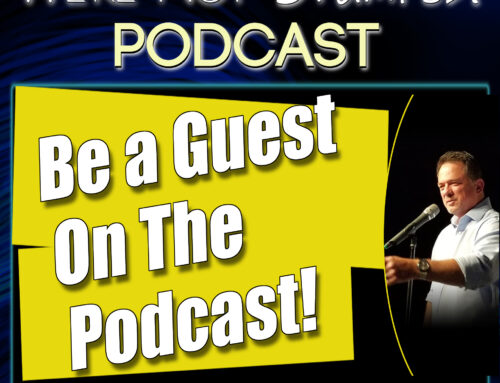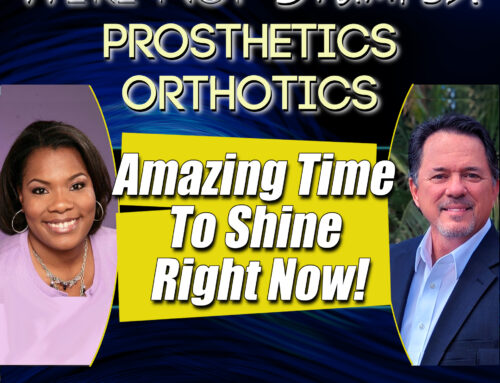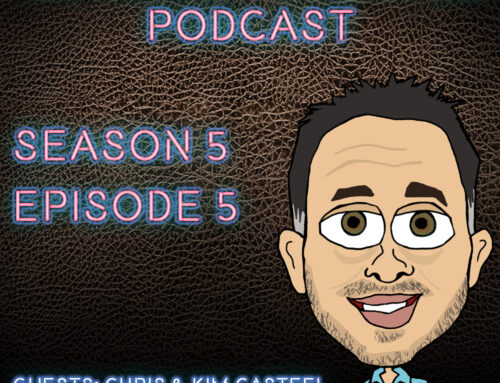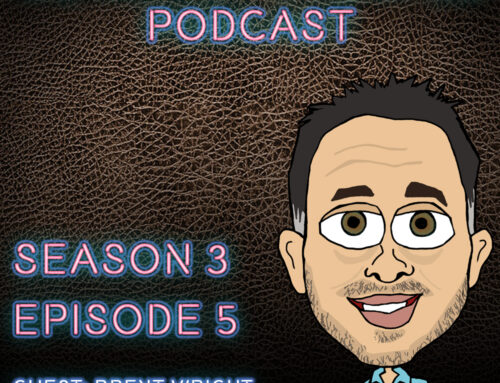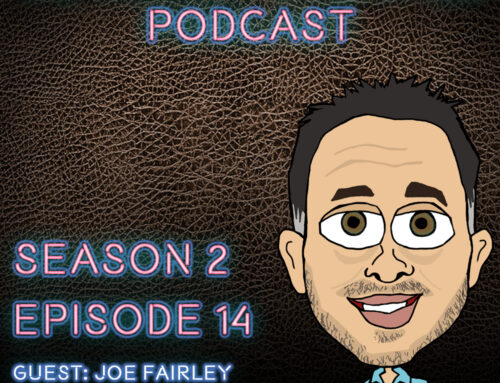In this episode of We’re Not Stumped, host Mike Bolland welcomes Chris Baschuk, a trailblazer in upper limb prosthetics and the Director of Clinical Services at Point Designs. Chris also serves on the board of the American Academy of Orthotists and Prosthetists and is a proud ambassador for What Is POP, an organization working to expand the pipeline of professionals in Prosthetics, Orthotics, and Pedorthics.
Together, Mike and Chris explore the cutting edge of prosthetic innovation—from the rise of 3D printing in clinical care to the need for greater access, education, and advocacy for people with limb loss.
🔧 Chris shares his personal journey—from tinkering with tools as a child to mission work in Brazil that inspired his career in biomedical engineering and prosthetics. He explains how additive manufacturing is revolutionizing prosthetic options for partial hand amputees, and how companies like Point Designs are leading the charge with rugged, functional, and customizable prosthetic components.
💡 Topics include:
- The evolution of multi-articulated prosthetic hands
- Pattern recognition technology in upper limb devices
- Shifting from traditional fabrication to additive manufacturing
- Advocacy to improve reimbursement and coding for partial hand prosthetics
- Chris’s leadership in the Upper Limb Prosthetic Society
- Mentorship and outreach through the POP ambassador program
- What his election to the Academy’s board means for future care
Mike also shares a fun then-vs-now look at prosthetic technology by comparing his vintage 1970s prosthetic hand with today’s advanced solutions.
If you’re passionate about prosthetic innovation, limb difference advocacy, or the future of orthotic and prosthetic education, this episode is a must-listen.
Listen on Apple Podcasts
Watch on YouTube
Listen on Spotify
In this deeply moving episode of We’re Not Stumped, host Mike Bolland welcomes Scott Martin, a bilateral hand amputee, soccer coach, and author of the upcoming memoir Play From Your Heart. Scott opens up about the life-altering infection in 1993 that led to the loss of both hands and parts of his feet, and the emotional aftermath that followed. He speaks honestly about denial, detachment, and the five-year struggle with depression that tested his identity, confidence, and purpose.
This special Christmas episode of We’re Not Stumped is a heartfelt reflection from host Mike Bolland on resilience, community, and gratitude during the holiday season. Instead of an interview, Mike takes a few minutes to acknowledge the realities many people in the limb loss and disability community face during the holidays — from accessibility challenges and family dynamics to grief, growth, and adapting to change — all with warmth and a touch of humor. Mike also shares what this podcast has taught him over the past year and gives a heartfelt shout-out to some incredible guests who trusted him with their stories.
In this inspiring episode of We’re Not Stumped, host Mike Bolland sits down with Jason A. Jones—motivational speaker, author, and founder of Positive Pieces—for a powerful conversation about resilience, mindset, and growing up with a congenital hand difference. Mike and Jason share a unique connection: both were born with a difference in their right hand. Together, they explore the realities of childhood, school, friendships, sports, and the challenges of first impressions when living with a visible disability. Jason reflects on the role his parents played in building confidence and accountability, encouraging him to adapt without excuses and believe in his own abilities. Jason also discusses his motivational memoir, 3 the Hard Way, which chronicles his journey from adolescence through college—including major setbacks like a serious car accident, job loss, and navigating employment with a disability. The conversation dives into the importance of mindset, and how resilience is built through lived experience.

